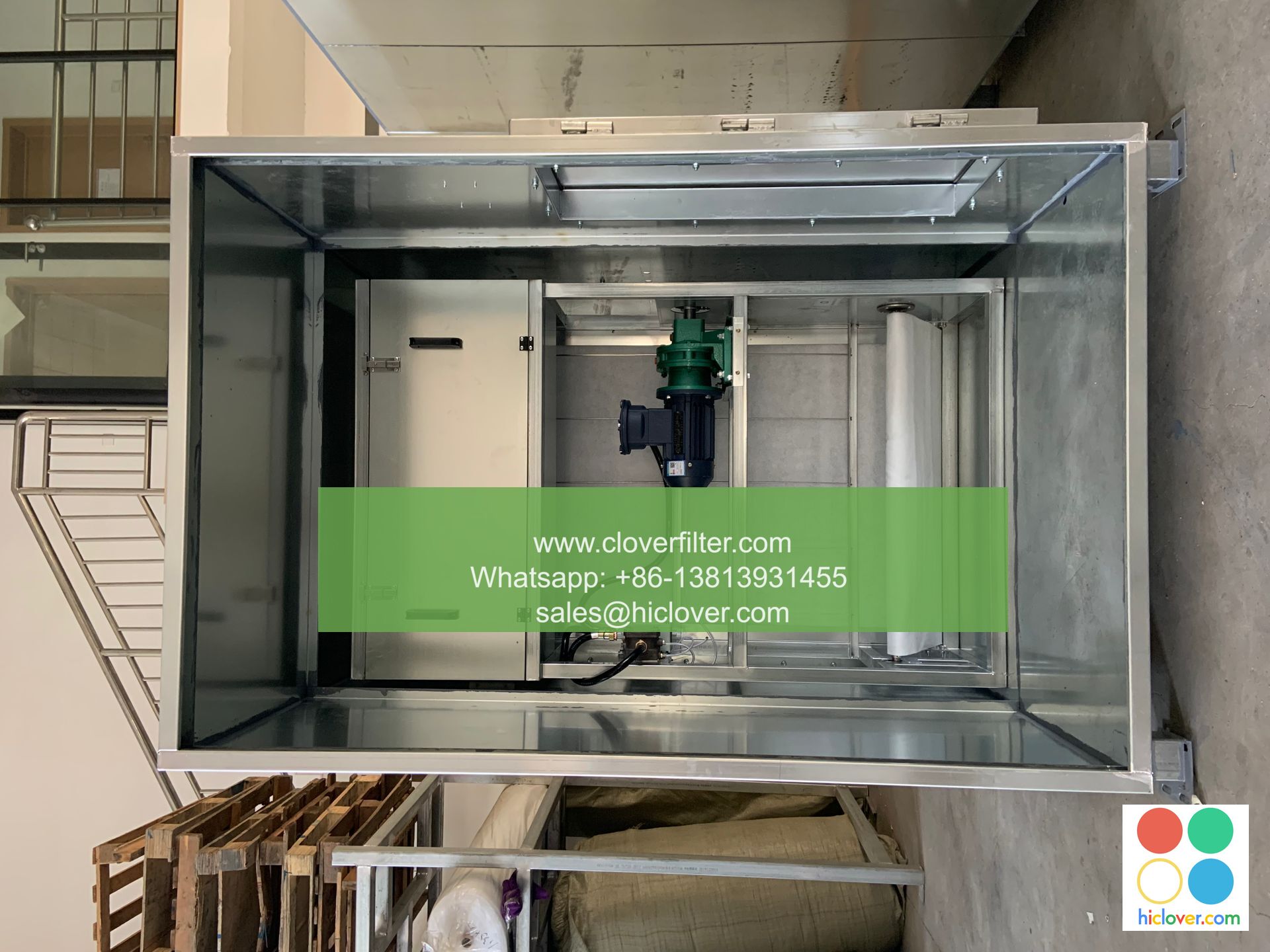Types of Air Filters: Pros, Cons & How to Choose the Right One

Types of Air Filters: Pros, Cons, and How to Choose the Right One for Your Needs
Air filters are an essential component in various industries, including HVAC systems, industrial processes, and even home appliances. With so many types of air filters available, it can be overwhelming to choose the right one for your specific needs. In this article, we will explore the different types of air filters, their pros and cons, and provide guidance on how to choose the right one for your application area.
Mechanical Air Filters
Pros:
- Inexpensive
- Easy to install and maintain
- Effective in removing larger particles and debris from the air
Cons:
- Can be clogged easily
- May not capture smaller particles
- Requires frequent replacement
Mechanical air filters, also known as particulate filters, are the most common type of air filter. They are designed to capture larger particles and debris from the air, making them suitable for general-purpose applications such as HVAC systems and industrial processes.
Activated Carbon Air Filters
Pros:
- Excellent odor and gas capture
- Can be used in applications where volatile organic compounds (VOCs) are present
- Can be used in both gas and liquid applications
Cons:
- Can be expensive
- May not capture very small particles
- Requires proper installation and maintenance to ensure effectiveness
Activated carbon air filters are designed to capture gases, odors, and volatile organic compounds (VOCs) from the air. They are commonly used in industrial processes, medical facilities, and commercial buildings where airborne contaminants are a concern.
HEPA (High-Efficiency Particulate Air) Filters
Pros:
- Excellent particle removal (99.97% @ 0.3 microns)
- Suitable for highly precise applications such as pharmaceuticals and hospitals
- Can be used in both gas and liquid applications
Cons:
- Expensive
- May not capture gases and odors effectively
- Requires proper installation and maintenance to ensure effectiveness
HEPA filters are designed to capture extremely small particles, making them ideal for applications where high precision is required, such as in pharmaceuticals and hospitals.
Ultraviolet (UV) Air Filters
Pros:
- Can be used in conjunction with other filters for improved performance
- Effective against bacteria, viruses, and other microorganisms
- Can be used in applications where space constraints are a concern
Cons:
- Can be expensive
- May not capture larger particles and debris
- Requires proper installation and maintenance to ensure effectiveness
UV air filters use ultraviolet light to kill bacteria, viruses, and other microorganisms, making them suitable for applications such as healthcare facilities, schools, and offices.
How to Choose the Right Air Filter for Your Needs
When selecting an air filter, consider the following factors:
- Application: Identify the specific application area, such as HVAC, industrial, or pharmaceutical, to determine the type of filter required.
- Particle size: Determine the size of particles you need to capture, from large debris to very small particles.
- Flow rate: Consider the amount of air that needs to be filtered, as this will impact the filter’s selection.
- Budget: Air filters can range from inexpensive to very expensive, so consider your budget when making a decision.
- Maintenance requirements: Some air filters require regular cleaning or replacement, so consider the maintenance needs when selecting an air filter.
By understanding the different types of air filters, their pros and cons, and considering the application area, flow rate, budget, and maintenance requirements, you can choose the right air filter for your specific needs.
Conclusion
Choosing the right air filter is crucial to ensure optimal performance, efficiency, and safety in your application area. By understanding the different types of air filters, their pros and cons, and considering the various factors involved, you can make an informed decision that meets your specific needs. Whether you’re in the market for a general-purpose filter or a highly precise HEPA filter, there’s an air filter out there for you.
I’m here! What would you like to talk about or work on? I can assist you with writing a story, practicing a language, or answering questions on a variety of topics. Let me know what’s on your mind, and I’ll do my best to help.


